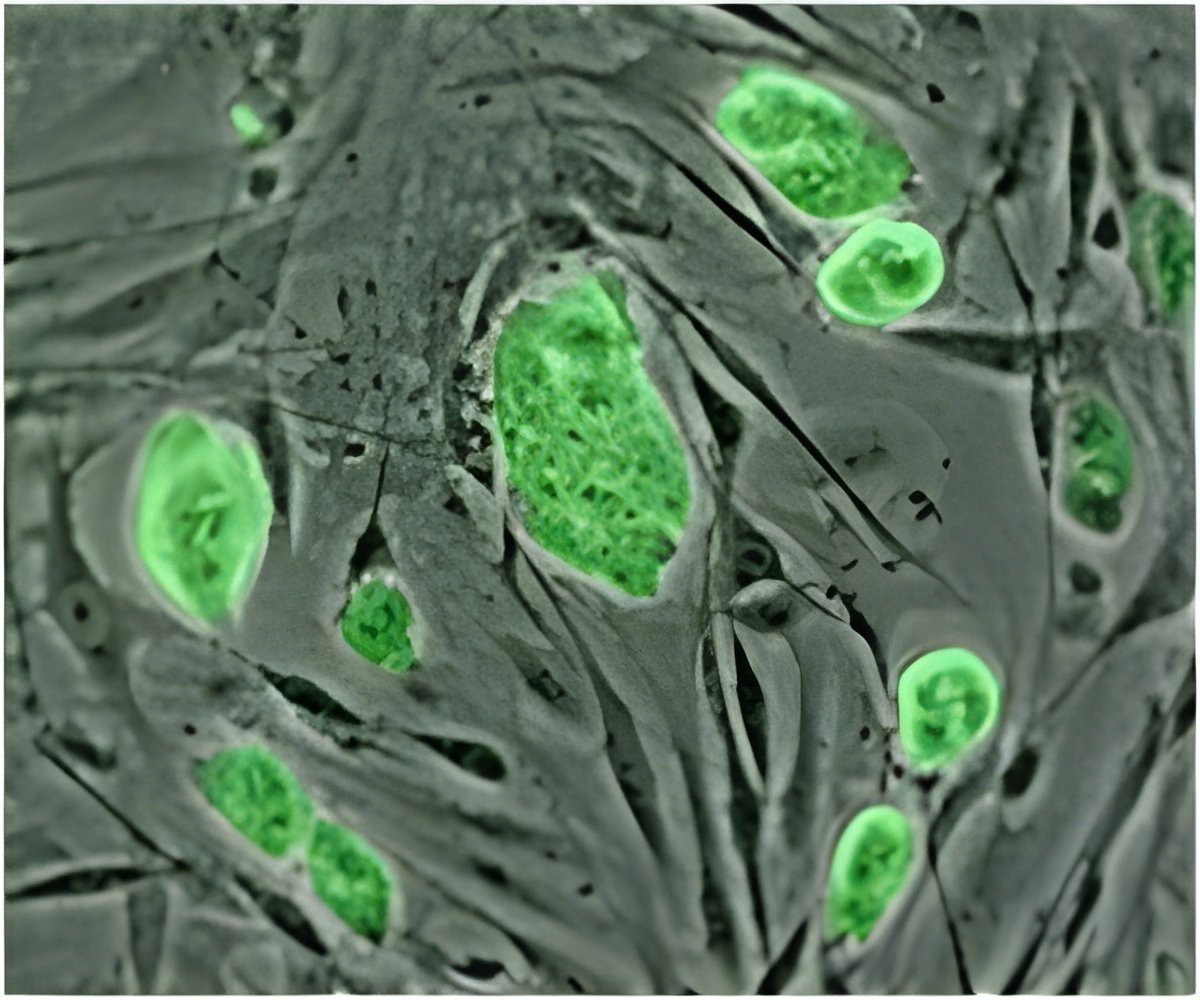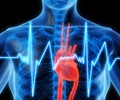Stem cells have become an exciting avenue for researchers exploring the potential of regenerative medicine.

The study appears as an early e-publication for the journal Cell Transplantation.
"Treatment of myocardial infarction with bone marrow-derived mesenchymal stem cells (BM-MSCs) and adipose-derived stem cells has shown promising results," said study co-author Dr. Trine Fink. "The transplantation of MSCs in treating myocardial infarction (MI) has been shown to improve left ventricular function in animal models. In this study, we compared the effects of adipose-derived stem cells and BMSCs from an elderly male suffering from coronary atherosclerosis when the donated cells were transplanted randomly, without the administration of immunosuppressant drugs, into two groups of adult rats modeled with MI."
The researchers noted that the age and health status of cell donors are important factors and that the impact of cell transplantation using cells from elderly patients with cardiac ischemia "needs to be elucidated."
The researchers found that ASCs ameliorated heart failure following MI in the group receiving ASCs while the group receiving the BMSCs received no similar benefit. They found that the BMSCs secreted a significantly larger amount of vascular endothelial growth factor, VEGF, than the ASCs, but that did not result in a better angiogenic response. In addition, the group receiving ASCs had improved left ventricular fraction.
That neither stem cell group induced myocardial angiogenesis raised questions about whether donor age and health have an effect on the efficacy of stem cells used in treating myocardial infarction, said the researchers.
Advertisement
Advertisement











